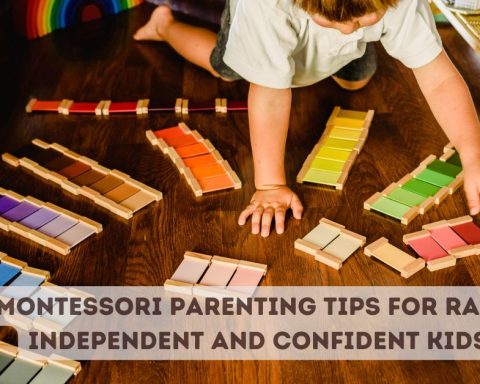Shared parenting, also referred to as joint physical custody, is an arrangement between divorced or legally separated parents where they both have rights and responsibilities pertaining to the rearing of their children. It is a legal way to ensure children encounter minimal conflicts and to make sure both parents contribute fairly and equally to the upbringing of their children.
Shared parenting is based on the collaboration of both parents. According to experts, it is an effective way of engaging divorced or separated parents in the process of raising their children.
Also, read on this website
- What is A Parenting Plan?
- What Is Shared Parenting in Ohio?
- How to Get Shared Parenting in Ohio?
- Ohio Shared Parenting Child Support Calculator
Shared Parenting Schedules
While preparing shared parenting schedules, it is important to create a practical schedule that considers the children’s needs and the availability of both parents. The main aim is for children to feel loved by both parents. Here are some examples of schedules that have worked for some parents.
- 2-2-5-5 schedule. Children spend the first two days of the week with one parent and the next two days with the other parent. Then, children spend the next five days with the first parent and return to the second parent for the following five days.
- 2-2-3 schedule. Children spend two days with one of the parents, two days with the other parent, then return to the first parent for three days. The schedule then switches: Children spend two days with the second parent, two days with the first parent, then three days with the second parent.
- 3-4-4-3 schedule. Children spend three days with the first parent and four days with the second parent, then four days with the first parent and three days with the second parent.
- Two-week schedule. Children spend two weeks with one parent and the next two weeks with the other parent, and then the cycle repeats itself.
- Weekly schedule. Children spend one week with the first parent and the following week with the second parent, and so on.
- Two-day schedule. Children switch between both parents every two days.
Factors to Consider for Shared Parenting Schedules
In cases of divorce, the focus should be on helping children come to terms with the situation and on fulfilling their physical, social, and emotional needs.
Therefore, shared parenting schedules work best when the parents live in close proximity to each other. Both parents ought to be committed to their children’s interests and agree on which schedule is best for their children. Schedules also work best when both parents communicate effectively and can do so without fighting.
According to this study, shared parenting is accomplished through parenting plans that focus on each parent’s contribution to the growth of their children. In addition, shared parenting promotes the total well-being of children because they will not be torn between their parents and instead will enjoy love, care, and attention from both parents in equal measure.
References
Abarbanel, Alice. “Shared parenting after separation and divorce: A study of joint custody.” American Journal of Orthopsychiatry 49, no. 2 (1979): 320. Retrieved from https://onlinelibrary.wiley.com








